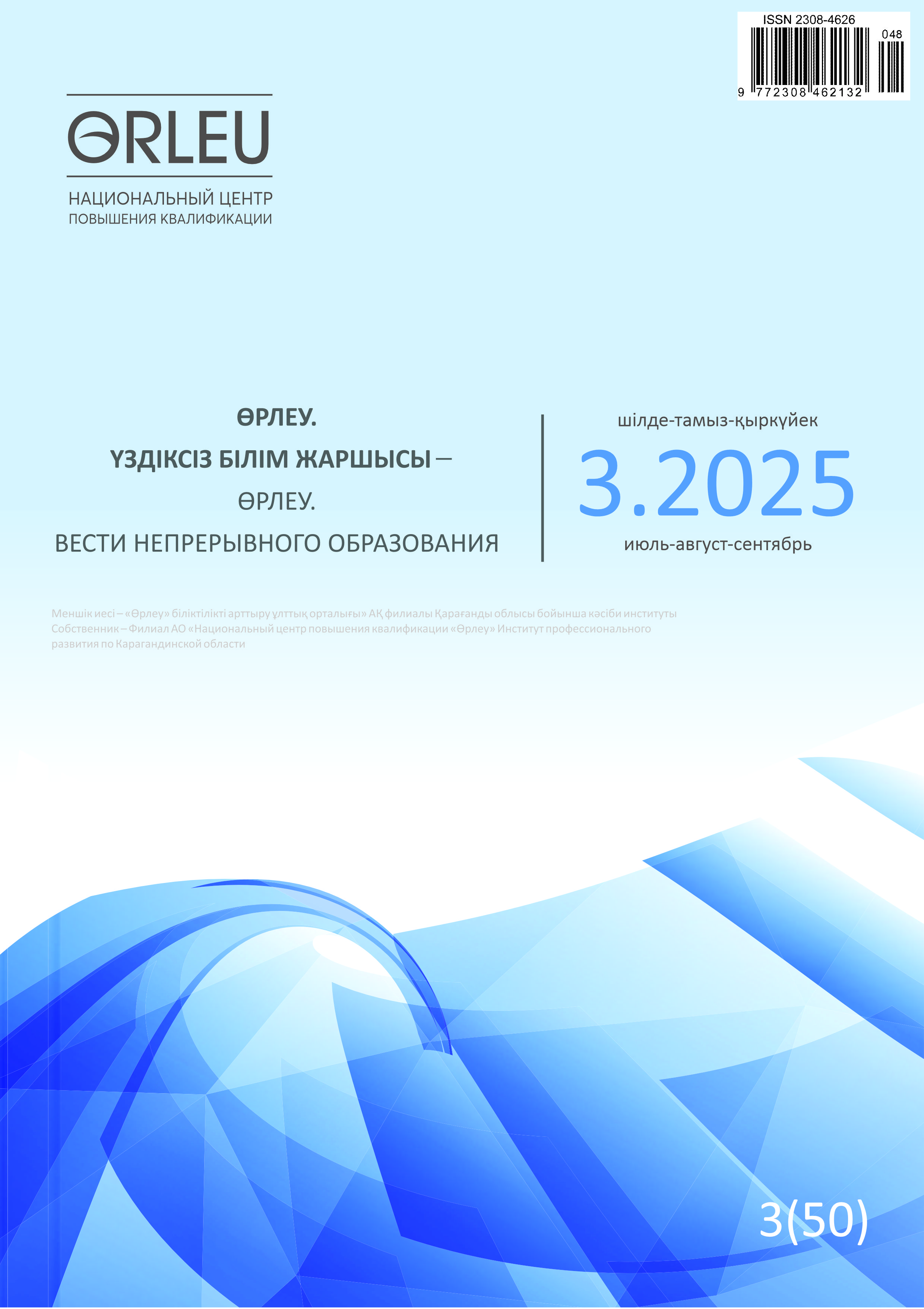Аннотация
The digital transformation of education necessitates a rethinking of pedagogical approaches, taking into account the characteristics of Generation Alpha—children who have grown up in constant interaction with technology. Born after 2010, Generation Alpha is immersed in a digital environment from early childhood, resulting in high digital literacy, a strong demand for interactive and personalized learning, and shorter attention spans. The aim of this study is to explore how the cognitive, behavioral, and socio-emotional characteristics of this generation influence educational relationships in primary school. The novelty of the article lies in the fact that, for the first time at the empirical level, the impact of Generation Alpha’s digital nature on the interaction between teachers, students, and parents is analyzed, helping to fill a gap in domestic research on this issue. A qualitative research design was employed. The sample included 48 teachers, 60 parents, and 72 primary school students aged 7 to 11. Data were collected using surveys, semi-structured interviews, and classroom observations. The findings show that students expect interactivity and personalized learning, requiring a rethinking of the teacher's role as a facilitator and mentor in the digital environment. The study also revealed increased parental involvement through digital platforms, despite their limited digital literacy.
The practical significance of the study lies in substantiating directions for adapting the educational environment: digital training for teachers, social-emotional development programs, and support for parents. Particular attention is given to the need to balance online and offline learning to minimize the risks of digital fatigue. Future research should focus on longitudinal and comparative studies to examine the long-term effects of digital learning on primary school students.


